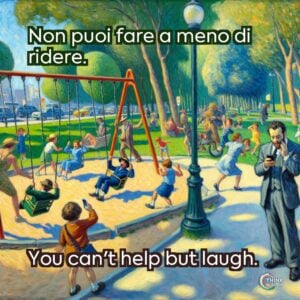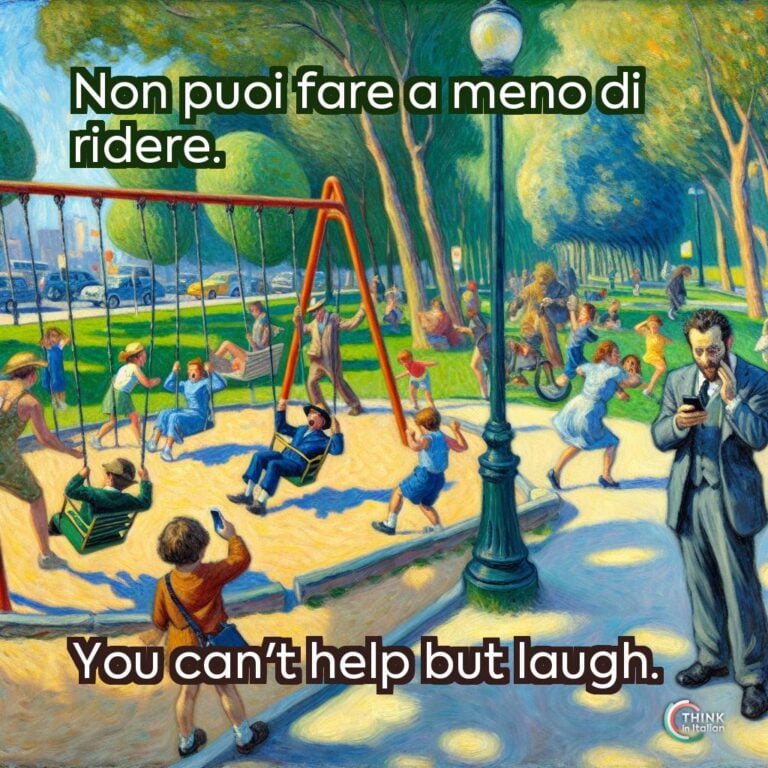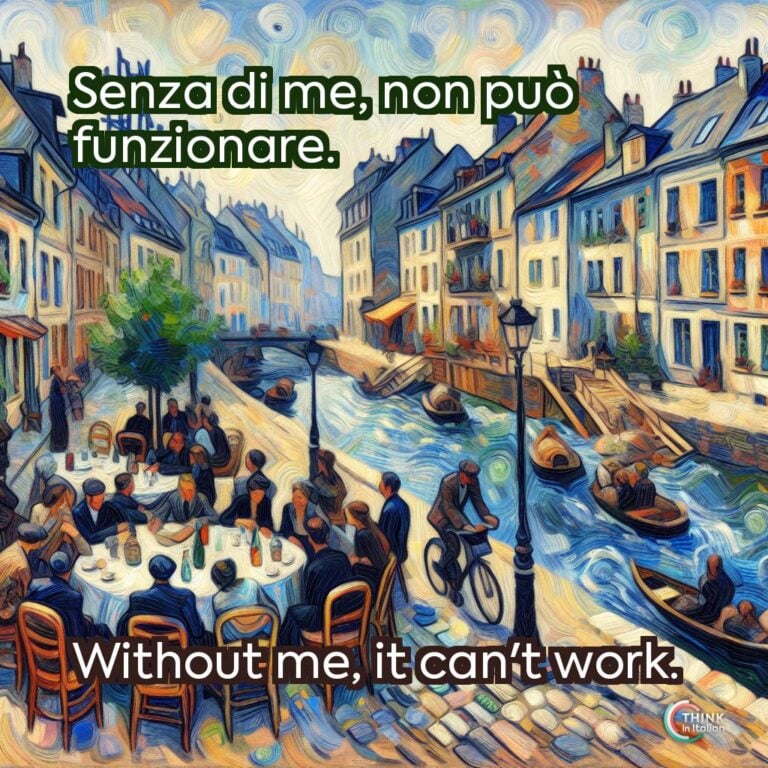“Senza” in Italian
What does “Senza” Mean?
Senza is an Italian special kind of preposition that is used to indicate the absence or exclusion of something. As simple as it is, it can be translated in English as “without”. Here are a few examples of how senza can be used in Italian:
Senza zucchero.
Without sugar.
Bere senza mangiare.
To drink without eating.
Senza di te.
Without you.
As you might have noticed, the word senza can be combined with nouns, adjectives, or other grammatical elements, which I will explain in a second! So, keep reading to discover more about this important Italian word.
Senza: Etimology
There are different theories regarding the origin of this Italian word.
Many people believe it comes from the Latin word absentia, which means absence. This hypothesis is commonly shared because of the similarity of the two meanings: absence and without can both be interpreted in the same way.
However, it is very likely that it derives from the Latin word “sine”, also meaning “without”. The transition from sine to senza involved phonetic changes typical of the evolution of Italian language which reflects general patterns in the development of Romance languages from Latin.
How to use “Senza” in Italian
Senza + Noun
Senza can be followed by a noun. This is a very easy structure because it is the same as in English.
La vita è più semplice senza problemi.
Life is easier without problems.
Siamo usciti senza i bambini.
We went out without the children.
La città è più tranquilla senza traffico.
The city is quieter without traffic.
Of course, it is possible that the noun is preceded by an article.
Senza + Verb
Senza can also be followed by a verb. It’s similar to the English structure without + -ing verb. However, the verb in Italian is conjugated in the infinitive tense.
Sei sparito senza dire niente.
You disappeared without saying anything.
Potete stare qui senza fare rumore.
You can stay here without making any noise.
Puoi vivere in Germania senza conoscere la lingua.
You can live in Germany without knowing the language.
Senza + di + Pronoun
Another way you can use senza is when it is followed by a personal pronoun (me, te, lui/lei, noi, voi, loro). In this case, the pronoun must be preceded by the preposition di.
You might have noticed that when they speak colloquially, Italians sometimes say senza + personal pronoun without the use of the preposition. It is not considered a mistake, but it is a specific use that is not encouraged in formal scenarios.
Non voglio andare a casa senza di te.
I don’t want to go home without you.
Vado in vacanza senza di loro.
I’m going on holiday without them.
Senza Paura (Without Fear)
You have just unlocked a new Italian word, which will surely enrich your conversations.
Make sure you also know how to say “with” in Italian, so that you can go to a restaurant and ask for a meal with or without a specific ingredient, you can hang out with or without an Italian friend you like or dislike, or you can watch Romantic Italian movies with or without subtitles.




